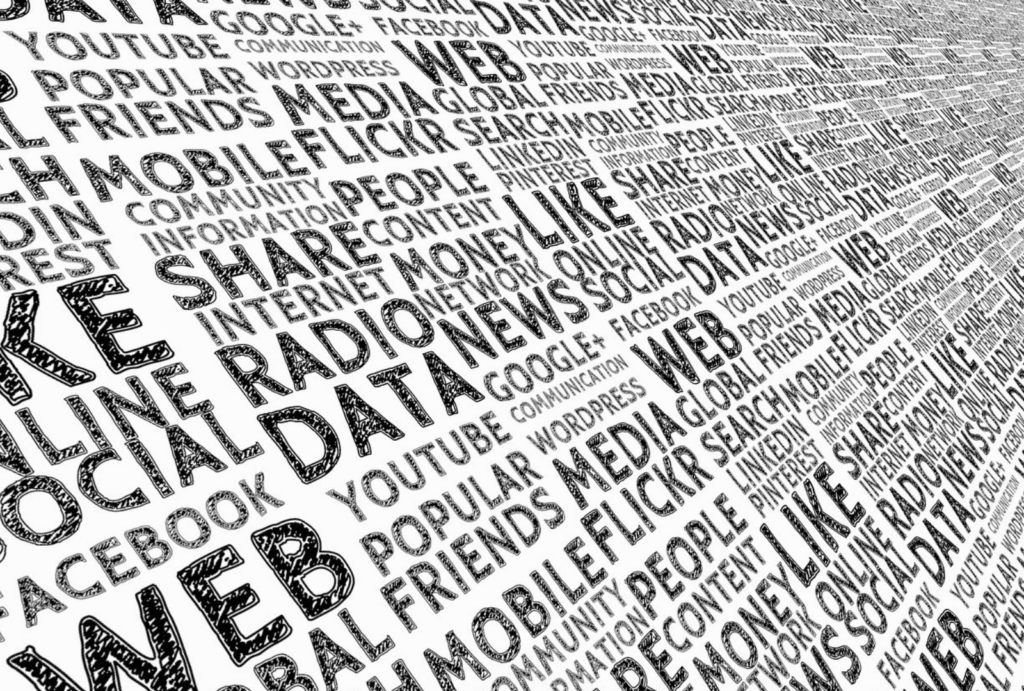We are working with people from all over the world. Globalization goes together with an increase in transparency of reputations. The Internet introduced deadly transparency.
With an increase in geographical and cultural distance the aspect of “trust” becomes all important. When people have never met, there are two mechanism we can fall back on:
- reputation: what others are saying about the other person, and
- trying to read “telltale signs“, look for behavior or other marks that they identify with trustworthiness.
This second mechanism might be as simple as being friendly and saying “hello” every time you see someone down the hall. People attempt to detect the tell-tale signs of trustworthiness not only based upon behavioral markers that society associates with it; it has also to do with the similarity of the other with you. Persons that are more viewed as being equal or “the same” are more likely to be considered honest and sincere towards you.
Back to “reputation”.
Technology has brought us the challenge of working with people we really, really, really don’t know, but it has also provided us luckily with a reputation mechanism by transparency. The question we all ponder: does this help? Is the transparency and the resulting reputation reliable? And does transparency lead to more ethical behavior?
As for the first part, that one is easy: every system can be manipulated. Especially on the web. Entire PR companies are in existence simply to provide “a good vibe” about a person or company on the web. All the “experts” are recommending each other. The eBay seller reputation system has been mislead before by people selling stuff for a penny just to get the needed recommendations. The system is just as reliable as the people using it.
But even when the system is working properly, even when transparency makes sure people’s behavior will be noted around the globe, this doesn’t mean you can take the benefits from it in your project or business. Although with a good reputation a lot is to gain, having a bad rep puts a lot at stake. So people will play things save. They will create low-risk behavior, resulting in the end into mediocrity..
A good example of this is illustrated by the following:
“While the typical CEO is only too happy to pocket the lucrative financial rewards that come with the mantle of leadership, some seem reluctant to accept this degree of accountability – especially if it means personally taking the rap for non-compliance with the law. I guess not many corporate heads are convinced that a minimum-security sabbatical in an orange jumpsuit will be as good for their careers as it seems to have been for Martha Stewart’s.”
Humans have a preference to fail conservatively. For me personally this is a surprising one. However, I do recognize it. The idea behind this is that people would rather choose an option that they know, that they have done in the past, EVEN if the outcome is likely to be unsuccessful, than try something new, where the outcome may be positive, but unsure. If they fail, they can also hide behind the notion that they did everything everybody else is also doing.
Let’s hope that the future doesn’t only contains of people conning the reputation systems by “influencing” information that tries to pose as “transparent”, and people that fear the system and stick to mediocre accomplishments.

